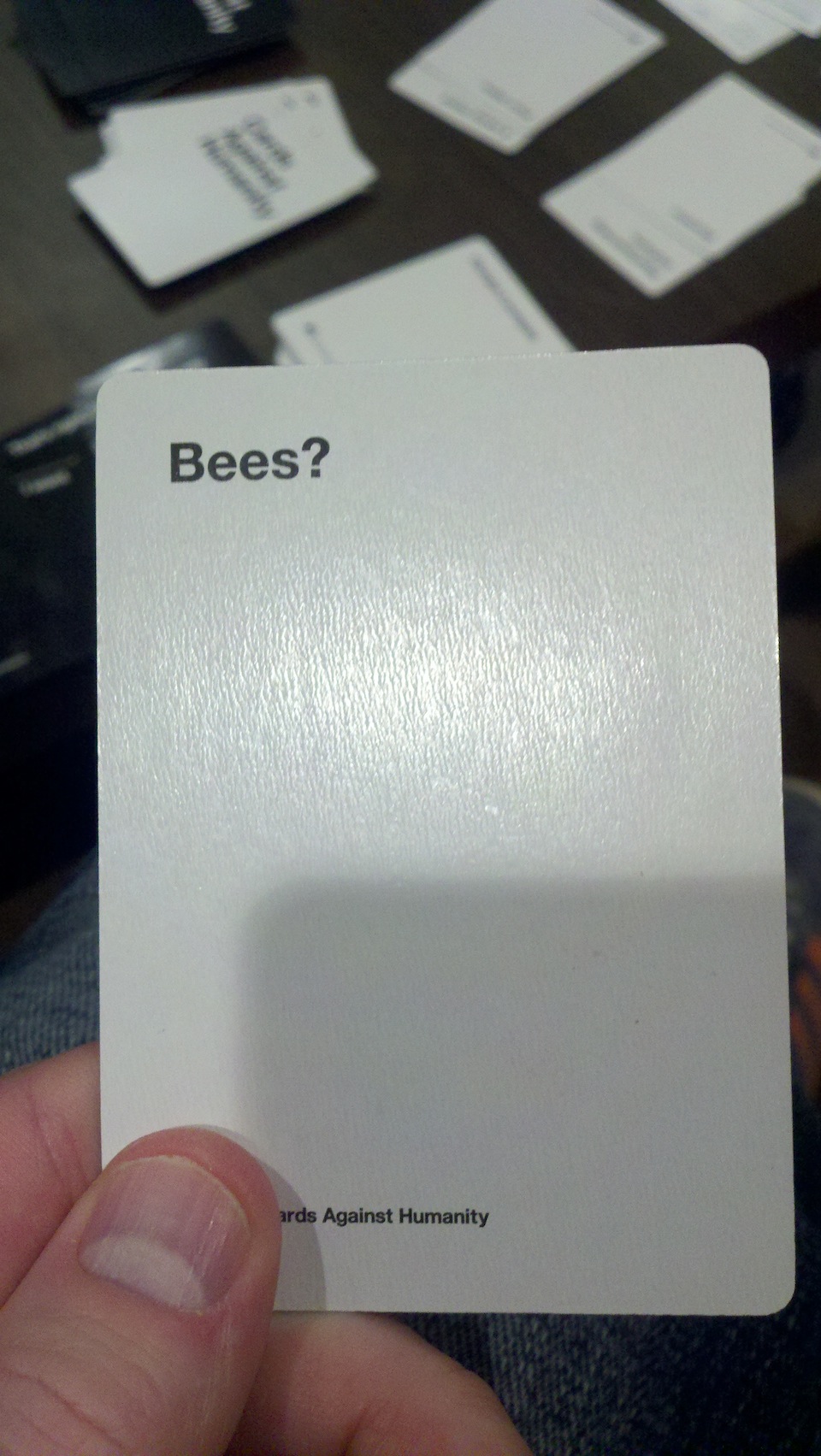http://www.sciencemag.org/news/2015/12/video-watch-60-years-space-junk-accumulate-1-minute
They called her ‘Wilco’. They’d been calling her that since she was selected to be part of ‘Satellite Control’. “‘Space Junk Control’ more like” she had said under her breath during the induction ceremony, but not out loud, as this was the only way most people could get to space.
You see, all non-essential spaceflight had been cancelled since a number of high profile fatal collisions with space debris in the 2020s. There were the few essential robot missions to Moon Base Alpha, to provide them the equipment they couldn’t manufacture themselves yet, the constant replacement of GPS sats (now dual-purposed to carry data), and the occasional deep space probe that made its way through the space priority committee, but no more pleasure craft, only ‘Satellite Control’.
‘Satellite Control.’ Even the name was pompous. The mission was equally so, to think that they could actually clear LEO, MEO, and GEO of space debris, when they hadn’t even been able to clear LEO after years of trying. Of course, the constant rain of new debris from GPS-debris collisions, and the rain of debris from MEO didn’t help.
‘Wilco’ walked over to her ship, that she would call home for the next two weeks. The next two lonely weeks. The ship was basically a giant shielded cone, with a tiny cockpit living module at the point. From the ground, even with the best of adaptive optics, ground sensors could still only reliably detect debris of about half a centimeter or larger. The billions of smaller pieces of debris would skeletonize an unshielded ship like piranhas.
Strapping in, flight checklist. Fuel check. Computer check. Sensors check. Engines check.
“Wilco reporting. Ready for launch sequence.”
“Roger that, Wilco.”
(She hated that, even though she had always enjoyed the exploits of the space ‘sanitation engineer’ Roger Wilco from the Space Quest games, her nicknamesake.)
“Thrusters online.”
“Docking clamps disengaged.”
“Disengaging at 0.5 meters per second.”
“Okay, you are now clear of the station. Nose to the wind.”
“Nose to the wind.”
‘Nose to the wind’ was now the traditional call sign and benediction for the ‘Wilcos’. It had to do with how they flew their ‘collection’ ships. The massive cone was pointed in the direction of travel, collecting the space debris and not incidentally protecting the pilot. There was also a magnetic cone which extended the size of the cone, allowing the ‘nose ships’ to collect more of the ‘heavy dust’, the dark tiny shards of metal which did the most undetected damage. The ‘wind’ was similar to that of riding a bicycle down a hill on Earth. You would be going so fast that it seemed that everything was streaming towards you, on Earth a benign pushing force, up here a deadly rain of metal shards.
She settled in and started navigating towards her first target. A cloud of debris from a commsat which had been on its way to its graveyard orbit when it was hit by unexpected booster debris.
It was going to be a long day, but for now she was free, and IN SPACE! It was beautiful and quiet. All the many stars that humans would go to one day, as soon as they cleaned up the orbits around their own world. Thinking about it, maybe Earth wouldn’t be considered a planet until it (they) had cleaned the orbit again. The cloud was approaching. Arguments about Pluto and Eris for later. Time for work.
References:
https://en.wikipedia.org/wiki/Space_debris
https://en.wikipedia.org/wiki/Adaptive_optics
https://en.wikipedia.org/wiki/Space_Quest#Roger_Wilco
https://en.wikipedia.org/wiki/IAU_definition_of_planet (3rd part of definition)
The article that inspired me:
http://www.sciencemag.org/news/2015/12/video-watch-60-years-space-junk-accumulate-1-minute
“Humans are messy, and not just here on Earth. Now, you can see all the junk we’ve launched into space for yourself with a data-driven animation created for the United Kingdom’s Royal Institution by Stuart Grey, an astronomer at University College London. It all begins in 1957 when the Soviet Union launches Sputnik, a 58.5-centimeter-wide ball emitting radio pulses. A piece of the rocket that took it into orbit was the very first piece of space junk. The United States launched its own satellite, Explorer 1, the next year. Almost every mission into space has created new debris, either from the launch vehicles, objects falling off satellites, or unintended collisions. By the time the USSR launched the first human into space, cosmonaut Yuri Gagarin, there were 200 objects floating around up there. By 1980 we had landed a man on the moon and left nearly 5000 objects in orbit. And because of deep space exploration, not all of them are tiny. Entire rocket engines are lurking around up there. The number of objects remained stable at about 9000 until suddenly, in 2007, a Chinese ballistic missile test exploded and added 2000 chunks of metal to the mix. In 2009, a couple of big satellites collided and added yet another 2000. You get the picture. We now stand at about 20,000 known pieces of space debris bigger than an apple—that is, an apple capable of ripping through a steel wall at 17,000 miles per hour—and there’s bound to be more. Space is becoming a very cluttered place, making it all the more dangerous to send humans up there to our orbit and beyond. (Video credit: Stuart Grey)”
